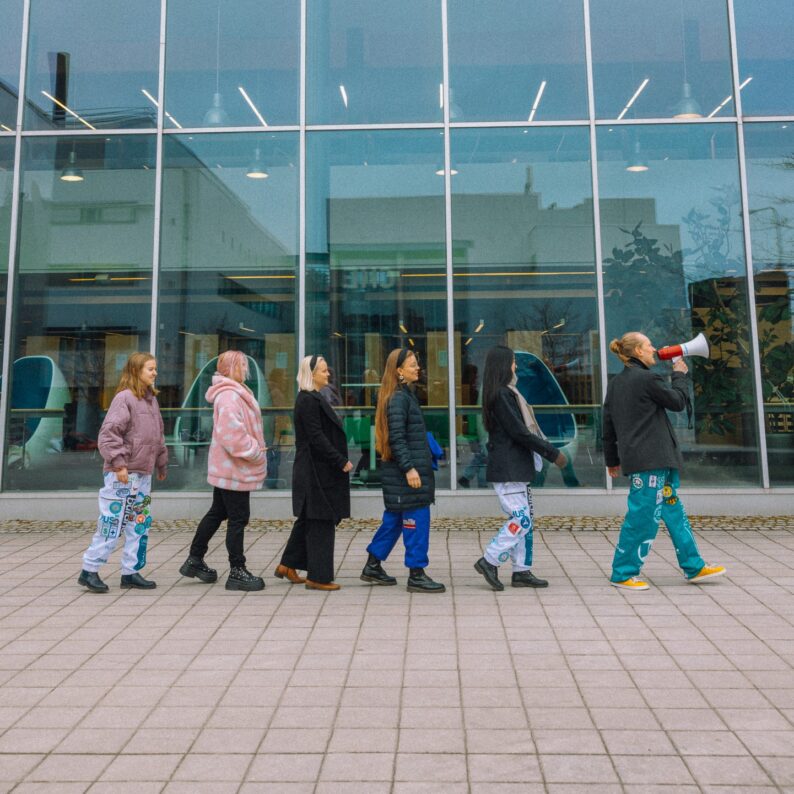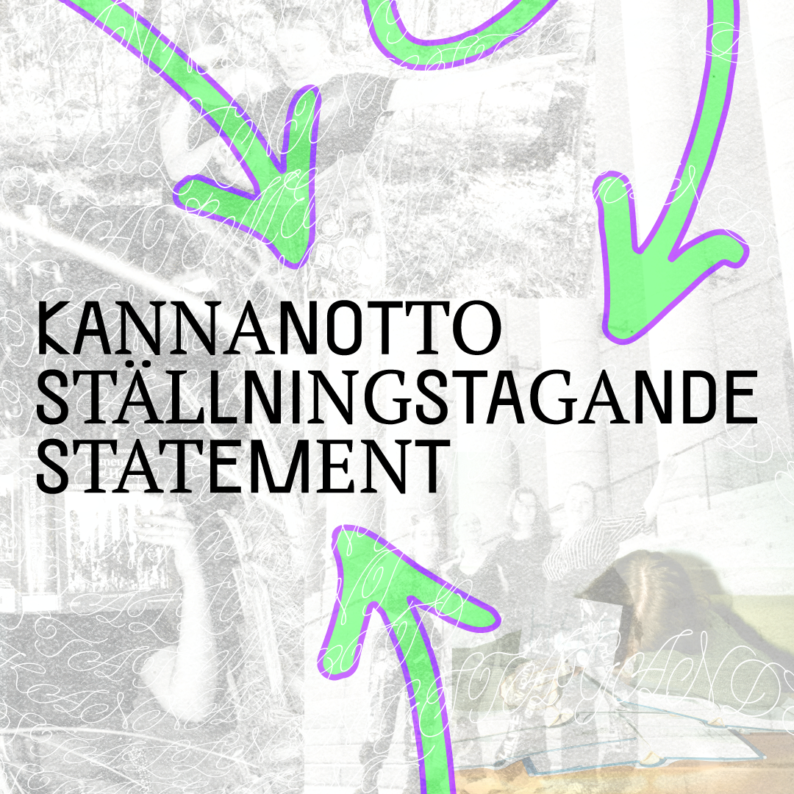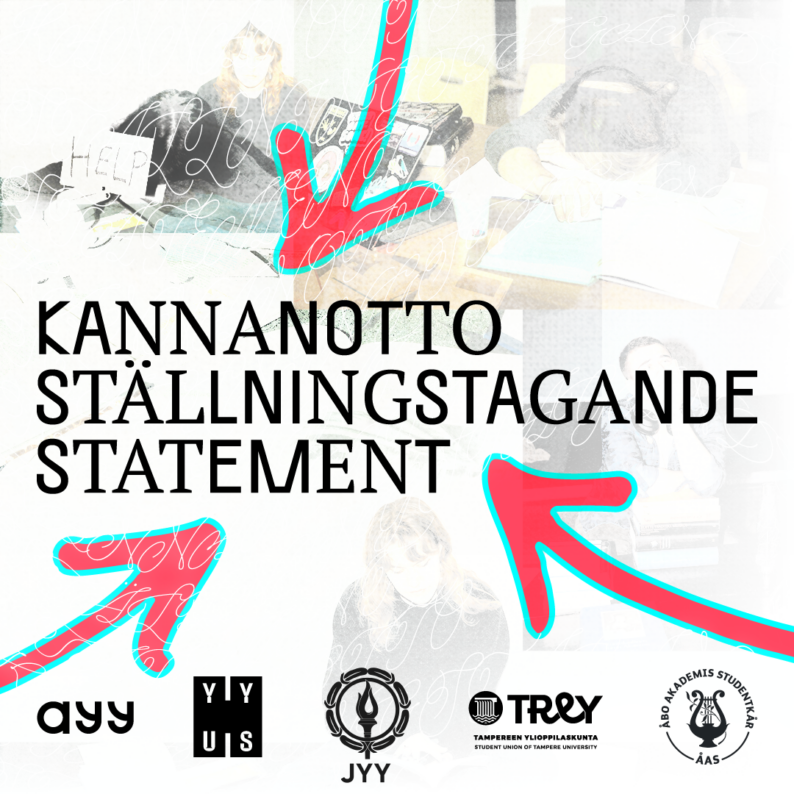


Accessibility of research-based knowledge is a question of democracy in an information society – HYY supports universities on the road to open science
The Student Union of the University of Helsinki considers the breaking down of the negotiations between the FinELib consortium, representing Finnish higher education institutions, research institutes and public libraries, and the international academic publisher Taylor & Francis on Monday 28 January extremely alarming. The disagreement between the publisher and the FinELib consortium concerns the costs of open publishing of research data, which are currently unreasonable to universities. The failed negotiations also mean that access to the publisher’s around 2,000 electronic journals ends at the end of January for the students and researchers of the University of Helsinki.
Publications disappearing behind paywalls significantly complicates the everyday life of researchers and students. The situation may become especially difficult to students in particular, as they do not have the experience and networks of researchers to help them find information. Without the contracts between universities and academic publishers, the most recent scientific knowledge is in danger of staying out of reach of students, especially those in the weakest financial situation, as Taylor & Francis – like many other academic publishers – charges tens of euros just for a 24-hour access to a single article. Even a delay as short as a few weeks in accessing the academic sources needed for their thesis may prevent a student from graduating according to their planned schedule. As a student union, we are thus extremely worried about the effect the negotiations have on students.
However, students and the rest of the university community are not on the opposite sides in this situation. The current publishing system for research is based on the hegemony of large publishers and represents the sustainability and democracy deficit central to our entire society. It is untenable that Finnish higher education institutions and research institutes are spending millions of euros each year to access publications whose contents are, for the most part, produced with public funding and funding from non-profit foundations. It is also a question of the democratisation of scientific knowledge. The accessibility of research-based knowledge is a basic prerequisite of a sustainable future at a time when fake news and populism are challenging our social order.
We are hoping for a swift resolution to the accessibility of scientific journals but do not want to yield to the blackmail of academic publishers. The universities should remain strong. As students and representatives of the younger generation, we have chosen the road of open science and support our academic community in its work for more accessible information.



